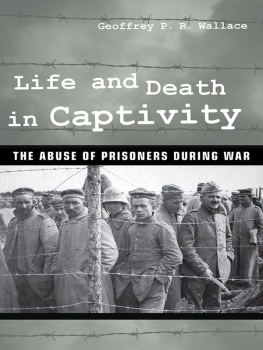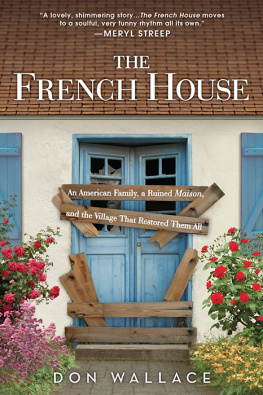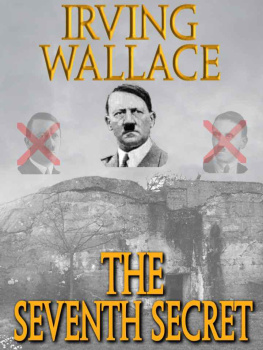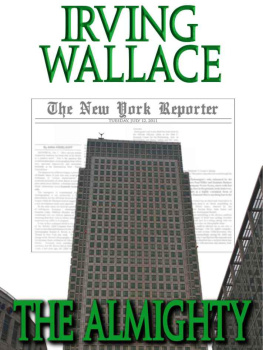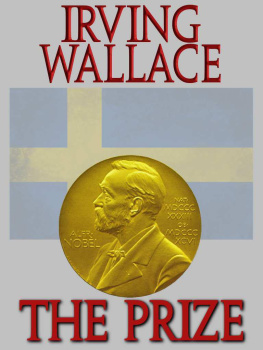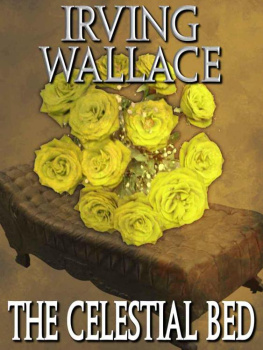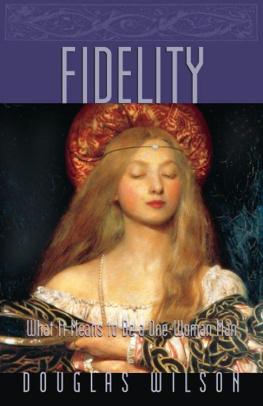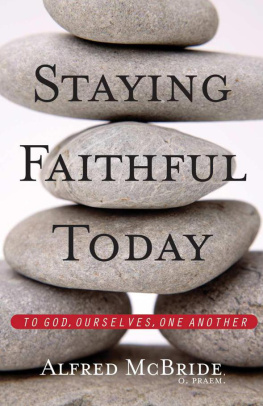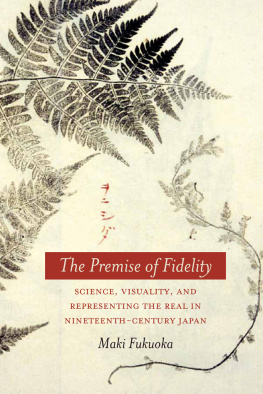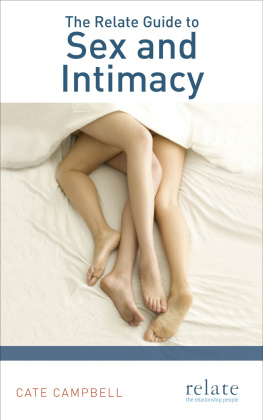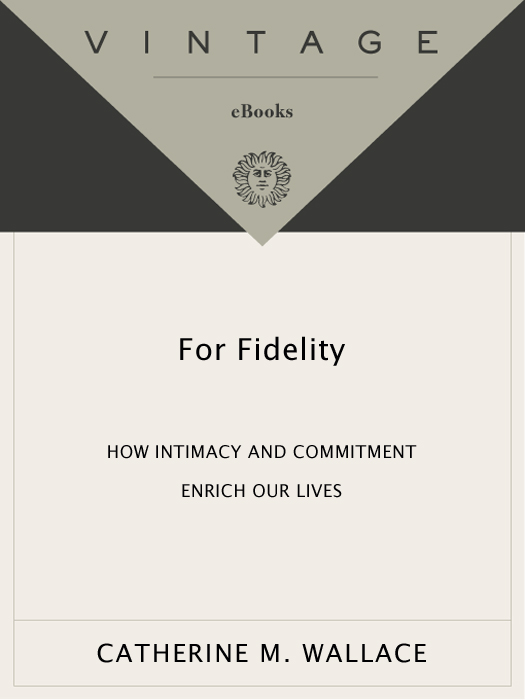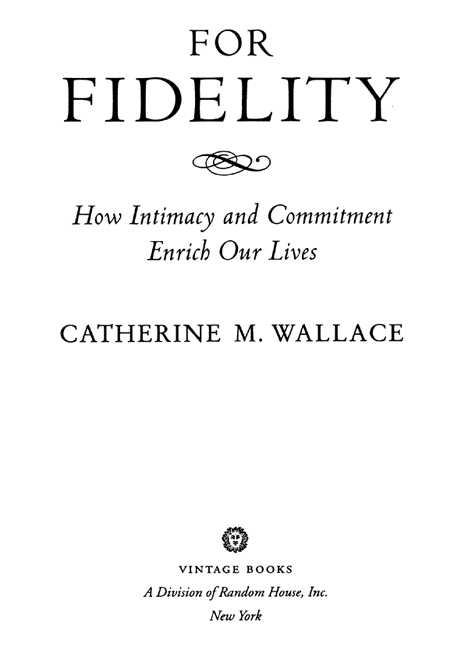Catherine M. Wallace
FOR FIDELITY
Catherine M. Wallace was born in Chicago in 1950. She received her Ph.D. from the University of Michigan in 1977 and was Assistant Professor of English at Northwestern University from 1976 to 1982. She set aside her scholarly career in literary theory to stay home full-time with newborn twins and a two-year-oldall three of whom are now in high school. She has spent the last fifteen years reading eclectically, speaking and writing about literary approaches to spiritual issues, and working as a homemaker. Her writing has appeared in pamphlets published by Forward Movement Publications and in scholarly journals.
Copyright 1998 by Catherine M. Wallace
All rights reserved under International and Pan-American Copyright Conventions. Published in the United States by Vintage Books, a division of Random House, Inc., New York, and simultaneously in Canada by Random House of Canada Limited, Toronto. Originally published in hardcover in the United States by Alfred A. Knopf, Inc., New York, in 1998.
Some portions of this work were originally published by Forward Movement Publications, Cincinnati, Ohio, as the following two pamphlets: A Sexual Ethic for My Children and Relationship as Blessing.
Owing to limitations of space, all acknowledgments for permission to reprint previously published material may be found following the Index.
The Library of Congress has cataloged the Knopf edition as follows: Wallace, Catherine Miles.
For fidelity : how intimacy and commitment enrich our lives / by Catherine M. Wallace.
p. cm.
eISBN: 978-0-307-78800-9
1. SexReligious aspectsChristianity.
2. Commitment (Psychology)Religious aspectsChristianity.
3. Sex instruction for childrenReligious aspectsChristianity.
4. Sexual ethics.
I. Title
BT708.W34 1998
241.66
www.randomhouse.com
v3.1
To Warren H. Wallace, M.D.
Let me not to the marriage of true minds
Admit impediments. Love is not love
Which alters when it alteration finds
Or bends with the remover to remove.
O, no! it is an ever-fixd mark,
That looks on tempests and is never shaken;
It is the star to every wandering bark,
Whose worths unknown, although his height be taken.
Loves not Times fool, though rosy lips and cheeks
Within his bending sickles compass come;
Love alters not with his brief hours and weeks,
But bears it out even to the edge of doom.
If this be error, and upon me proved,
I never writ, nor no man ever loved.
William Shakespeare, Sonnet 116
For one thing, sires, safely dare I say,
That friends each other must obey,
If they will long hold company.
Love will not be constrained by mastery.
When mastery comes, the God of Love quick
Beats his wings, and farewell, he is gone!
Love is a thing as any spirit free.
Look who that is most patient in love,
He is at an advantage all above.
Patience is a high virtue, certainly,
For it vanquishes, as these scholars say,
Things that rigor will never attain.
Geoffrey Chaucer, The Canterbury Tales
Contents
Preface
This book began in honest perplexity, where most good books begin: How do some people remain happily married and faithful to each other? That question quickly led to a bigger one. How is it that trust and honor have become daringly countercultural? An independent local merchant declines my offer of identification when I write a check, looking me in the eye with something close to proud and angry defiance. I return an excess $10 bill given me in change by a clerk. She eyes me cautiously, knowingly: Oh, its one of those people. Bumper stickers advocate kindness as a subversive, liberating random actnot as a habitual practice.
Another title for this book might be the plight of troth, a lovely old phrase that can mean both the predicament of trust and the promise of fidelity. I keep to my specific topic, sexual fidelity in long-term, committed relationships, but the bigger questions cast shadows I cannot avoid. What is fidelity between people? What do we promise when we promise to be faithful? How does fidelity work? Why does it matter? On the other hand, why is it so hard? And why, in our day, do we seem as a society to be losing the capacity both for trust and for trustworthiness? I am also interested in how we teach kids, but that too is the local form of a bigger question about the nurture and transmission of moral tradition.
My perspective on these larger issues is determined by what I can glimpse of the Wisdom that calls us to be compassionate and not merely competitive, to serve and not merely to succeed. Ancient voices insist that there is more to life than earning a living and greater depths within us than individualist self-actualizing can plumb. The deep and abiding human passions are a sacred fire in the heart: We need in every age to find new ways to gather around that circle.
My specific and most important presuppositions have been articulated best by poets. John Keats, for instance: I am certain of nothing but the holiness of the hearts affections and the truth of imagination. Its an odd way to get through the day, if you take this idea seriously. And I do. And so I am convinced that faithful, absolutely committed marriage is the creative work of imagination.
This book is also grounded in a visionary and Coleridgean reading of Christianity. I realize that many Christiansand some Coleridgeans as wellwill be deeply offended by that claim. Many others, I hope, will not. Explicitly theological issues are confined to notes, where the curious or the angry can locate at least a little of the modern scholarship delineating how Christianity itself is or can be a profoundly wise and deeply imaginative Western engagement with the human experience of the Holy. But I am a literary critic, not a professionally trained theologian. I trespass. Nonetheless, poets and priests were once the same people, and truth carried alive into the heart by passion remains a central human need no matter how subspecialized our graduate schools.
I want to express my thanks for a wholly fortuitous set of speaking and publication opportunities offered to me by various parishes and organizations within the Episcopal church. Charles Long, Robert Horine, and Edward Stone Gleason at Forward Movement Publications in Cincinnati have published and held in print several of these talks, produced as those little tracts found on racks in the vestibules of churches. Robert Horine in particular kept nudging me to write a book. I am pleased to acknowledge the permission of Forward Movement to repeat parts of arguments first published by them.
On the basis of the first tract, A Sexual Ethic for My Children, Mark Waldo and the Diocese of Virginia invited me to the Blue Ridge Mountains to address the annual Family Conference. At the end of that week, a group of grandmothers presented a hilarious song-and-dance routine summarizing and brilliantly critiquing my entire argument. It was a well-rhymed display of the shrewd wit for which Southern women are famous. But the Glory Sisters also delineated for me crucial connections among the scattered parts of my presentations. Writers dream of such thorough engagement with a work in progress as the Family Conference community offered me that summer. Of course, Anglicans have always been noted for their sympathy with literary people. But they are equally famous for each keeping his or her own counsel, especially in difficult and controversial matters. And thats exactly what has made them such a wonderful audience.


